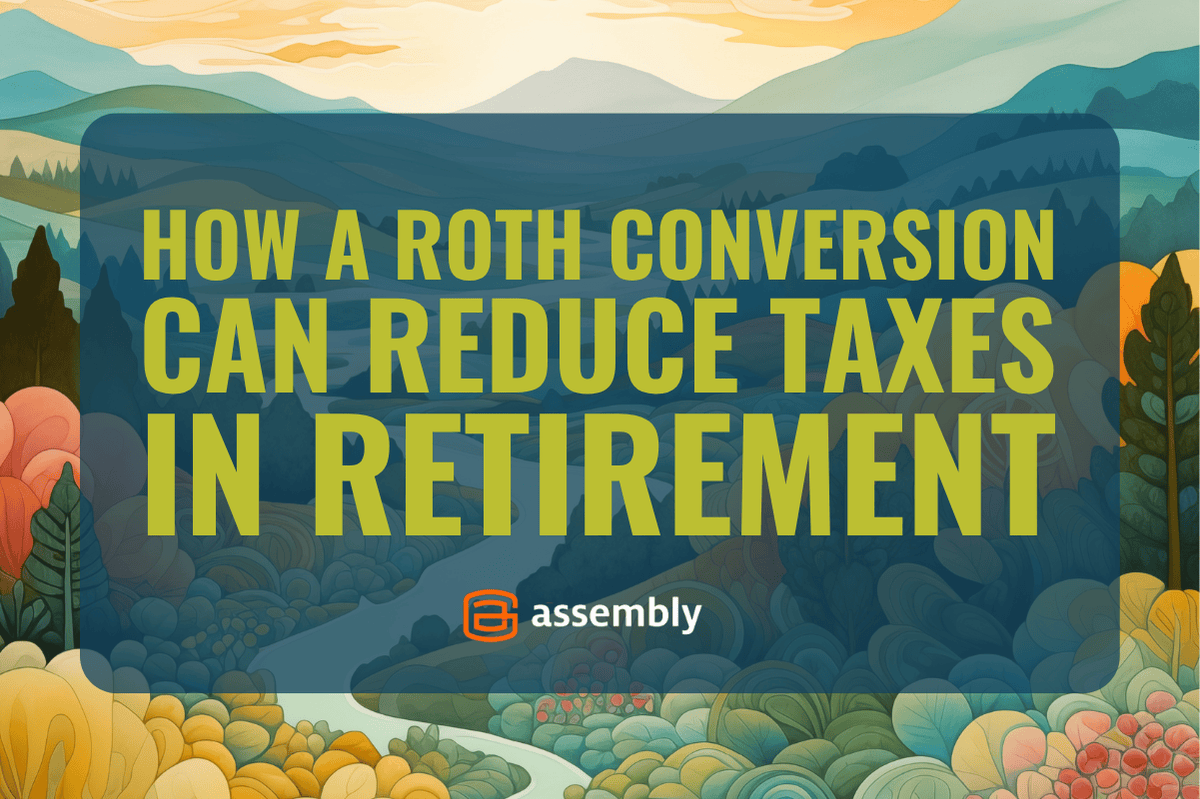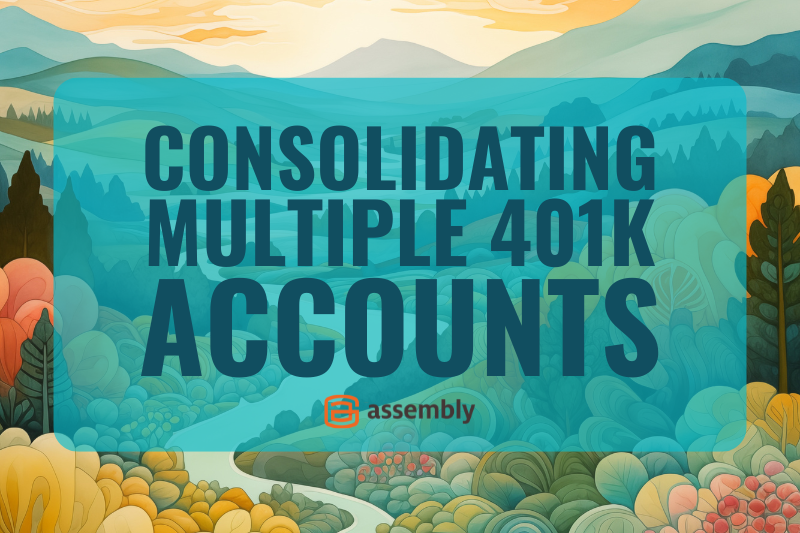How a Roth Conversion Can Reduce Taxes in Retirement
Moving money from a pre-tax savings account such as a 401(k) or Traditional IRA into a Roth IRA can offer long-term tax benefits. But it’s not the...

Every year, retired professional baseball player Bobby Bonilla receives a check from the New York Mets for $1,193,248.20. He has received this amount every year since 2011 and will continue to receive these payments until 2035 — when Bonilla will be 72 years old.
July 1st is known as Bobby Bonilla Day because the first day of July is when Bonilla receives his annual payment. Considering Bonilla last played for the Mets in 1999 and he last played professional baseball in 2001, it’s quite the retirement plan.
You may be wondering, why do the Mets pay more than $1 million dollars per year to someone who hasn’t played for them in 25 years? Here’s the story:
Back in the year 2000, Bonilla was at the tail-end of his career. It was unlikely he’d make the Mets’ roster, but he still had $5.9 million in guaranteed money remaining on his contract. Bonilla, his agent, and the Mets ownership agreed to a deal:
Bonilla’s agent, Dennis Gilbert, is an insurance expert well-versed in annuity type products. The $5.9 million deferred until 2011, compounding at 8% interest, worked out to an annual payment of $1,193,248.20 each year from 2011 until 2035 — $29.8 million total.
Why Did The Mets Agree to this Deal?
The Mets ownership had substantial investments with an investment manager who promised to deliver spectacular returns which would far exceed an 8% interest rate. The investment manager was Bernie Madoff.
Madoff, of course, was later convicted of running the largest Ponzi scheme fraud in history. Needless to say, the investments the Mets owners made with Madoff did not work out as planned.
Are Deferred Contracts Common in Sports?
Deferred contracts are a gamble by a team looking to win now but pay later. The Mets had a very good team in 2000, and the Mets’ ownership believed the money budgeted for Bonilla would be better spent on a more productive player. Bonilla’s deal allowed the team to add a better player to their roster right away and pay Bonilla what he was owed later on. It worked out in the short term. The Mets made their first World Series appearance since 1986.
Believe it or not, Bonilla has a separate deferred contract arrangement with the Baltimore Orioles! The deferral from the Orioles pays Bonilla $500,000 a year for 25 years starting in 2004. Bonilla played for the Orioles for only two years (1995 and 1996), but he is still on Baltimore’s payroll nearly 30 years later.
Shohei Ohtani of the Los Angeles Dodgers is deferring all but $2 million of his $70 million annual salary for each of the next 10 years. Unlike Bonilla, who’s agent negotiated a hefty interest rate of 8%, Ohtani is deferring his salary at an interest rate of 0%.
The Bobby Bonilla story highlights the importance of planning ahead. Bonilla (and his agent) thought about what his life would be like after his playing days were over and made a smart long-term decision.
Bonilla’s multi-decade income stream is akin to an annuity contract. Unlike retirement accounts invested in securities, fixed annuities are not subject to the ebb and flow of the stock market. Some people are happy to trade the year-to-year volatility of their retirement account for the certainty of receiving a fixed annual payment in the future.
Moving to a State With No Income Tax
Bonilla made another smart move: to Florida. There are no state income taxes in Florida, so Bonilla gets to keep all of the money that would’ve otherwise gone to the State of New York in the form of income taxes. The payments are subject to federal income taxes, of course, but Bonilla doesn’t have to pay New York state’s income tax, which can be as high as 10.9%.
Compound Interest
The biggest takeaway from the Bonilla story is the power of compound interest. If, hypothetically, the Mets and Bonilla agreed to a 4% interest rate instead of 8%, the total annuity payments would have been just under $14 million, less than half of the $29.8 million Bonilla is actually receiving.
If Shohei Ohtani negotiated the same deal as Bonilla (deferred the money for 10 years at an interest rate of 8%, then turned it into an annuity), his $68 million would become an income stream of over $13.7 million per year for 25 years. The total amount Ohtani would receive just for his 2024 deferral would be more than $343 million.
Put another way, the difference between deferring at a 0% interest rate and an 8% interest rate would be $275 million. That’s the power of compound interest!
The best time to start planning for your retirement is yesterday. The next best time to start is today. Even if you’re not a retired professional athlete, working with an expert at Assembly Wealth can help put you on a path to a successful retirement.
When Bobby Bonilla needed help with his financial goals, he sought advice from an expert — his agent, Dennis Gilbert. Just like a baseball fan can’t be expected to play professional ball, a layperson can’t be expected to know all the intricacies of complex financial strategies. Bonilla understood this, the outcome is legendary.
Happy Bobby Bonilla Day!
Related Reading:
Fill out the form to be notified about new articles.

Moving money from a pre-tax savings account such as a 401(k) or Traditional IRA into a Roth IRA can offer long-term tax benefits. But it’s not the...

In December 2024, Congress passed the “Social Security Fairness Act” which allows some retirees who receive a public pension to collect higher Social...

As we age, we accumulate things: workout equipment, kitchen gadgets and 401(k) accounts from different jobs. The workout equipment and gadgets may be...